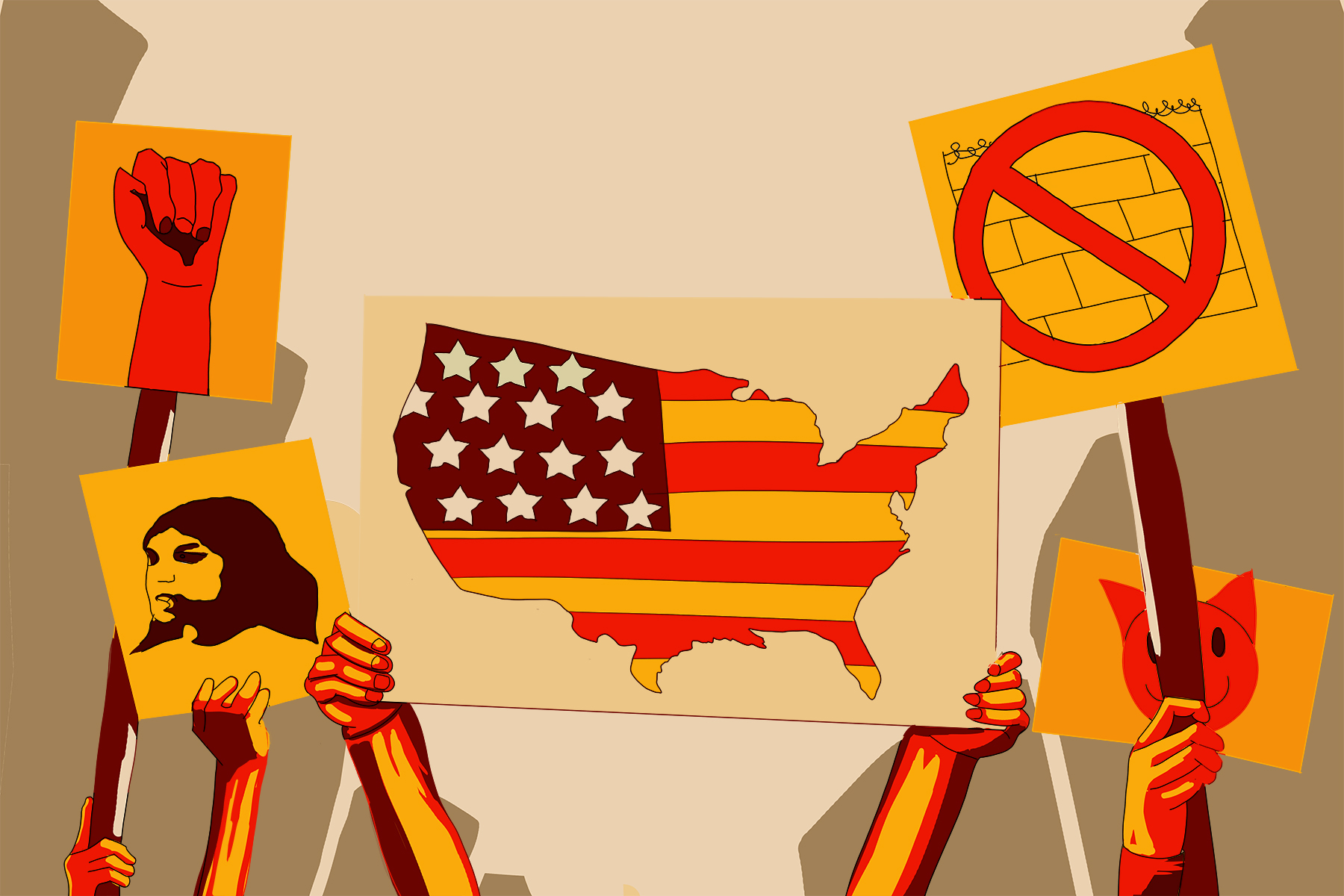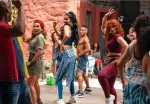At 11 a.m. on Tuesdays, first-year students at Pomona College are usually settling into class. However, if somebody were to walk into a first-year seminar on Tuesday, Nov. 12, they would have found most of the class missing. That’s because oral arguments about Deferred Action for Childhood Arrivals (DACA) were being heard by the Supreme Court. Students at Pomona and across the country participated in DACA walkouts in a show of solidarity and support for those affected by the court decision.
What is DACA?
DACA is an American immigration policy issued by President Barack Obama in 2012. While DACA does not provide a path to citizenship, the policy protects children under the age of 16 who immigrated to the United States from deportation and gives them a work permit. They can apply for renewal every two years. People in the U.S. under this policy are often called DREAMers, named after the proposed DREAM Act that failed to pass Congress under the Obama administration. The act would have given eligible recipients a path to citizenship.
In 2017, President Donald Trump ordered the end of DACA. The public immediately contested the legality of Trump’s executive action, and several courts put the phaseout of DACA on hold. The DACA walkouts were held on the first day of oral arguments about the legality of the policy. However, the Supreme Court’s decision isn’t expected until 2020.
DACA has nightmare consequences for real people.
While those are the objective details, these DREAMers have a face and a story. Many DREAMers consider America to be their home — they barely know their home country. Imagine being forced out of the nation that was your home for as long as you can remember and into a totally foreign country. You might not know the language. You might not know anybody there. You have to start your life over even though you had dreams and goals from all those years growing up in America.
DREAMers aren’t just a figment of imagination: Real people are affected by Trump’s decision. Pomona graduate Cristian Padilla Romero is a doctoral student at Yale University who came to the U.S. at the age of 7. He said, “I grew up in this country. My mother is the single biggest reason I am at a school like Yale.” He is protected under DACA for the time being, but his mother, Tania Romero, was pulled over for a traffic violation in August. She’s been in the inhumane conditions of an Immigration and Customs Enforcement (ICE) detention center since then. Already a horrifying story of family separation, Tania Romero also has stage 4 oral cancer.
Tania Romero still needs continual attention on her road to recovery, but she is not getting any special accommodations. Earlier treatment left her without several teeth, making it harder for her to eat. According to Romero, she requires regular medical attention and is not receiving it. Even more egregiously, the health staff at the detention center determined that Tania Romero had a severe vitamin B12 deficiency and recommended hospitalization. She has only received brief “check-ups” and only after her lawyer made a formal request due to the severity of the situation. ICE refuses to release Tania Romero despite the circumstances but has been unable to deport her as Honduras refuses to provide the necessary documents. Knowing his mother wouldn’t receive the medical attention she needs in her home country, Romero states, “Sending my mother back to Honduras would be a death sentence.”
How do the DACA walkouts help anything?
A fellow classmate asked this question earnestly. How is skipping class, holding some signs and chanting phrases going to help anything? While the power of policy change lies in the hands of the Supreme Court, the DACA walkouts show support for those in our communities whose lives are limbo. These are students who are in classrooms with us and are amazing people. We’ve heard much about families being torn apart in the news like the case of Tania and Cristian Romero above, but now children who grew up in America and know no other home might be forced to leave as well. While America is out to remove the DREAMers, the DACA walkouts are a chance to show immigrants that there are people who will fight alongside them.
The DACA walkouts also give people a space to share their voices, which are often not heard in mainstream media. Humanizing the struggles of being an immigrant and putting a face to a story personalizes an issue that is depressingly devoid of humanity. A chance to speak to a receptive audience is a boost of empowerment, something DREAMers need now more than ever.
The DACA walkouts may not directly change policy, but we are only in control of our part of the picture. Over 500 students at the Claremont Colleges, the consortium of schools Pomona is part of, gathered in solidarity for the undocumented and DACAmented students on our campuses. We can make the lives of those potentially affected by the DACA court case a little better if we show that we stand with them.
Undocumented but not inhuman.
Immigration is a highly divisive and contested issue. People do come into the U.S. without proper documentation, but does that give Americans the right to withhold medical attention to a mother who has stage 4 cancer? The fact that some immigrants come here illegally overshadows the fact that all immigrants are human. Privilege, being able to take what you have for granted, blocks the empathy society needs to begin ending the suffering that goes on in the world, especially in a First World country like the United States. Whatever stance you have on immigration, remember the people like Tania Romero who are affected by decisions out of their control. They’re counting on us.
















